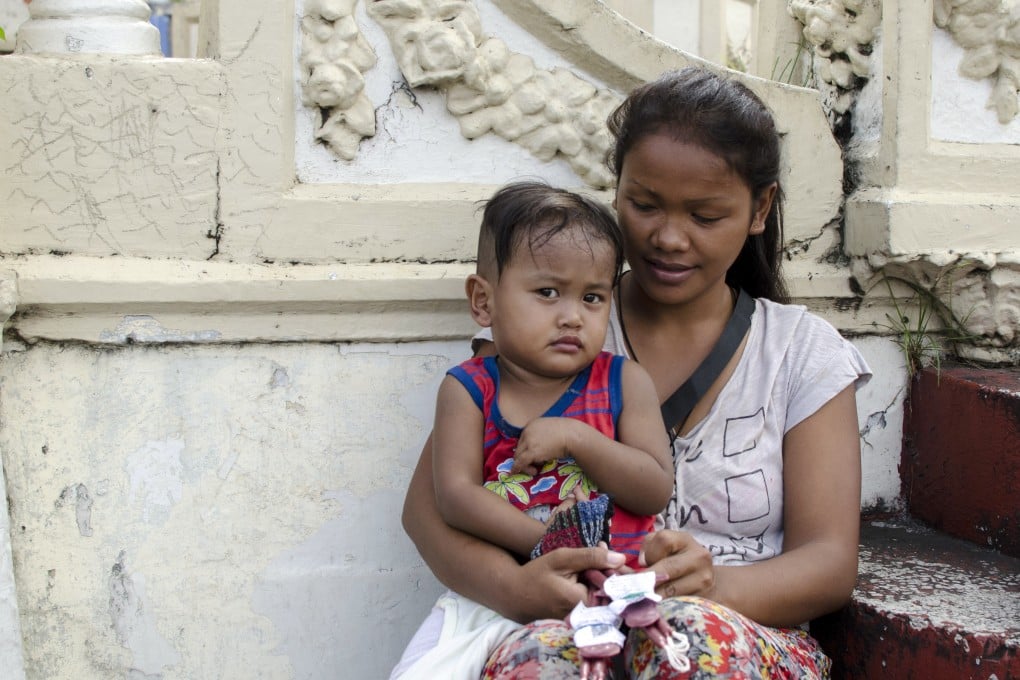Philippine bill aims to boost contraceptive access to tackle teen pregnancy ‘emergency’
- If the Adolescent Pregnancy Prevention Bill is passed, access to sexual and reproductive health services, like contraception, would increase
- Early pregnancy is rife in the mainly Catholic nation, with 10-year-olds affected too, leading to ripple effects like poverty, unemployment, depression

The Philippine Legislators’ Committee on Population and Development, one of the groups campaigning for the bill, said it was only two steps away from a vote in the Senate.

“We are hopeful that the senators will find the time to deliberate on the measure and see not only the bill’s merit … but also its urgency,” Rom Dongeto, the group’s executive director, said in a statement.
“This is a critical issue that Filipinos deeply care about, and expressing unified support will emphasise its significance and urge swift action for its passage,” he said.
If the bill is passed into law, it would end the contradiction inherent in the fact that the legal age of consent for sexual relations is 16, but written parental consent is needed for children aged under 18 to access contraceptives.
This discordance, a lack of sufficient information on sexual and reproductive health, and the silencing effect of social stigma have fused to foster high rates of teenage pregnancies, health experts say.